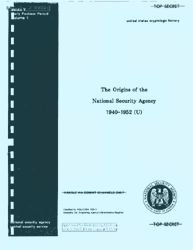The most prominent spokesman of the Young America movement was Stephen A. Douglas. The senator from Illinois was the Henry Clay of his generation. Like Clay at his best, Douglas was able to see the needs of the nation in the broadest perspective. He held a succession of state offices before being elected to Congress in 1842 at the age of twenty-nine. After only two terms in the House, he was chosen United States senator.
Douglas succeeded at almost everything he attempted. His law practice was large and prosperous. He dabbled in Chicago real estate and made a fortune. Politics suited him to perfection. Rarely has a man seemed so closely attuned to his time and place in history. Although very short, he had powerful shoulders, a large head, strong features, and deep-set, piercing eyes. His high forehead was made to appear even bolder by the way he wore his hair, swept back in a pompadour and draped over his collar. His appearance was so imposing that friends called him “the Little Giant.” “I live with my constituents,” he once boasted, “drink with them, lodge with them, pray with them, laugh, hunt, dance, and work with them. I eat their corn dodgers and fried bacon and sleep two in a bed with them.” Yet he was no mere backslapper. He read widely, wrote poetry, financed a number ofyoung American artists, served as a regent ofthe Smithsonian Institution, and was interested in scientific farming.
The foundations of Douglas’s politics were expansion and popular sovereignty. He had been willing to fight for all of Oregon in 1846, and he supported the Mexican War to the hilt, in sharp contrast to his one-term Illinois colleague in Congress, Abraham Lincoln. (Douglas accused Lincoln of “taking the side of the common enemy against his own country.”) That local settlers should determine their own institutions was, to his way of thinking, axiomatic. Arguments over the future of slavery in the territories he believed a foolish waste of energy and time since he was convinced that natural conditions would keep the institution out of the West.




 World History
World History









